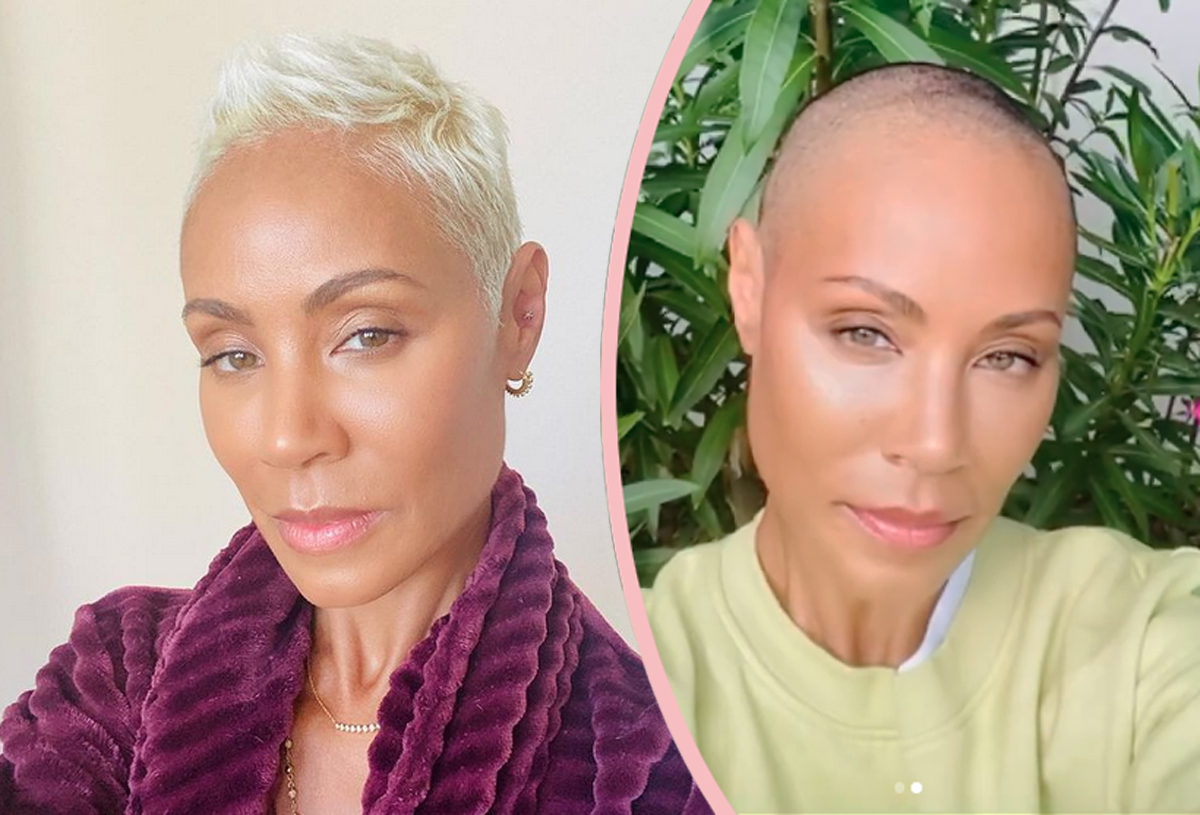#Doctor suddenly quit showering — and gave his skin a new lease on life

“#Doctor suddenly quit showering — and gave his skin a new lease on life”
He tossed the shampoo and conditioner. He quit soap altogether, except for hand-washing. He stopped using deodorant, moisturizer, exfoliant and every other personal-care product.
He still rinses himself, for example, after a run and “occasionally” gets his hair wet, but for all intents and purposes, Hamblin is walking among us as an “unclean” man.
“It was part of overall minimizing what I needed,” he told The Post.
Hamblin, a doctor-turned-journalist, moved to New York from LA five years ago and found himself living in a tiny studio apartment. As part of an “existential audit,” Hamblin considered all the things he might do without.
What if all those products most of us use daily — shampoo and soap to strip the oil from our skin, moisturizer to replace it — are most effective at getting us to buy even more products, he wondered? What if showering so often was actually bad for you?
The result of his inquiry is the new book “Clean: The New Science of Skin” (Riverhead Books), out Tuesday.
Much like our digestive tract, our skin is home to trillions of crucial bacteria, and the book posits that scrubbing ourselves daily with cleaning agents destroys or upsets that important microbiome and could likely lead to worse health outcomes.
“While we have long thought about our skin as a barrier to separate us from the outside world, growing knowledge about the microbiome suggests that skin is instead a dynamic interface with our environment,” writes the author.
And our increasingly “clean” way of living — washing often, staying mostly indoors, eating sterile, processed food — may confuse our immune system.
“For most of human history, a steady barrage of exposures to microbes would train our immune systems to know when and how to react,” Hamblin writes.
For example, allergies, eczema and asthma — conditions thought to be linked to autoimmune disorders — could be partly a result of not enough exposure to environmental pathogens, especially in infancy.
In 2016, researchers published a study in New England Journal of Medicine that found an Amish community in Indiana had four times lower rates of asthma and six times fewer allergies than a genetically similar Hutterite community in South Dakota. The key difference, the researchers found, was that the Amish grew up having daily interactions with animals and soil on the farm.
And there could be other benefits. A recent University of California, San Diego, study found that mice cleaned of skin bacteria were more susceptible to skin cancer. Texas A&M researchers discovered that they could ward off mosquitos by modifying the bacteria on someone’s skin.
Or those microscopic mites that live in our pores? They probably eat dead skin, likely helping to exfoliate.
Hamblin says this skin biome science is just emerging. But one thing is certain: Acceptance will mean overcoming hundreds of years of societal messaging about what it means to be “clean.”
Soap has been used for thousands of years. It was sometimes corrosive (made with lye), meaning washing was once an extreme measure.
By the 1800s bathing was no longer a “luxury,” and in the early 20th century, the advertising industry “would redefine the concepts of health, beauty, and cleanliness,” the author writes.
Now it’s taboo not to be what’s considered “clean.”
For his part, Hamblin is not advocating everyone give up showering. Just that they begin to question the “rituals that are considered a necessity,” he says. (That certainly does not include frequent hand-washing, especially in the age of the coronavirus, which he strongly advocates.)
“If you skip a day of showering you won’t look oily or smell like an onion,” he says. “I don’t emanate some offensive odor and I don’t get really oily looking.
“I smell like a person.”
If you want to read more Living News articles, you can visit our General category.
if you want to watch Movies or Tv Shows go to Dizi.BuradaBiliyorum.Com for forums sites go to Forum.BuradaBiliyorum.Com




